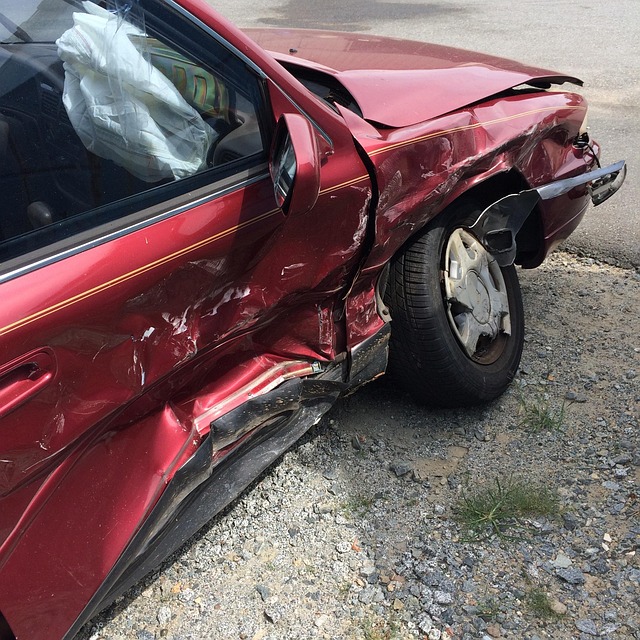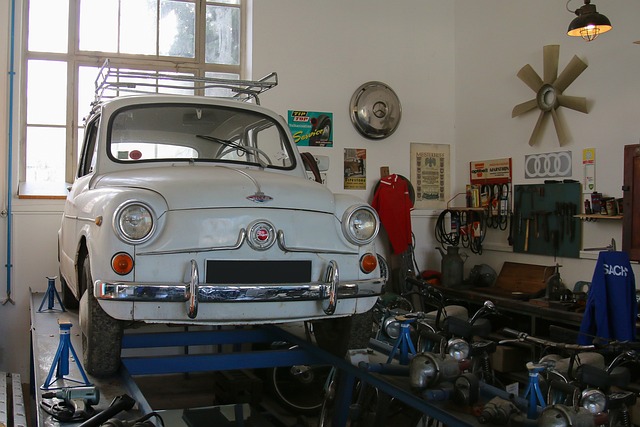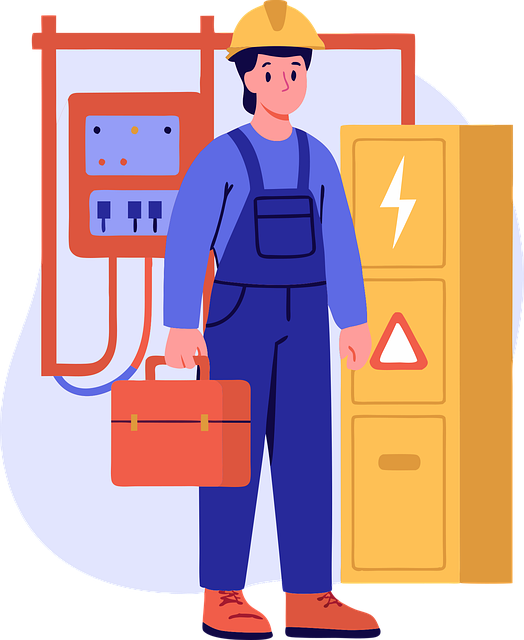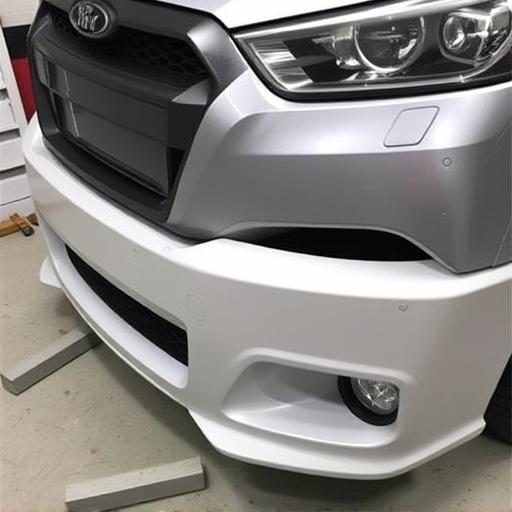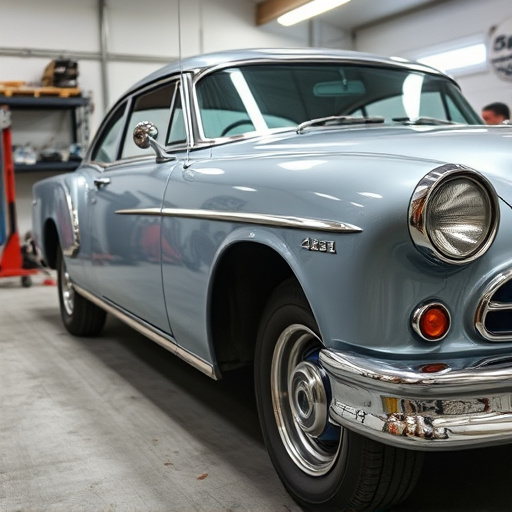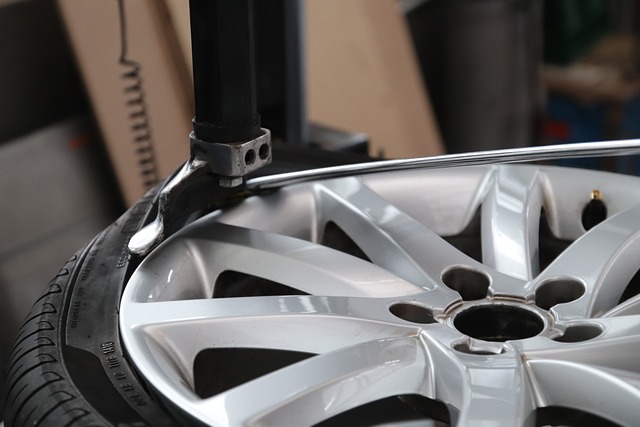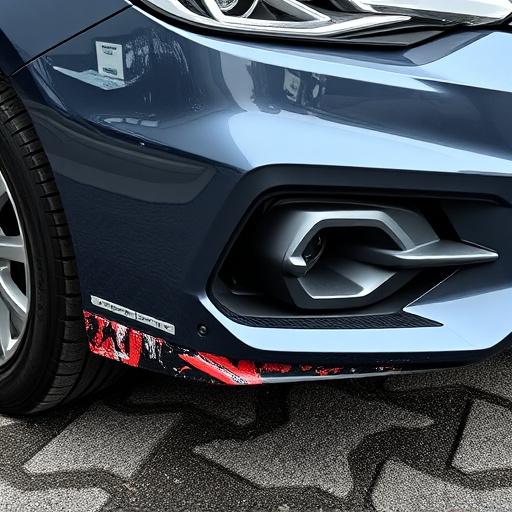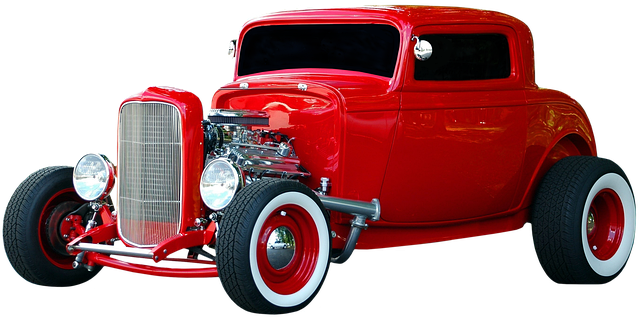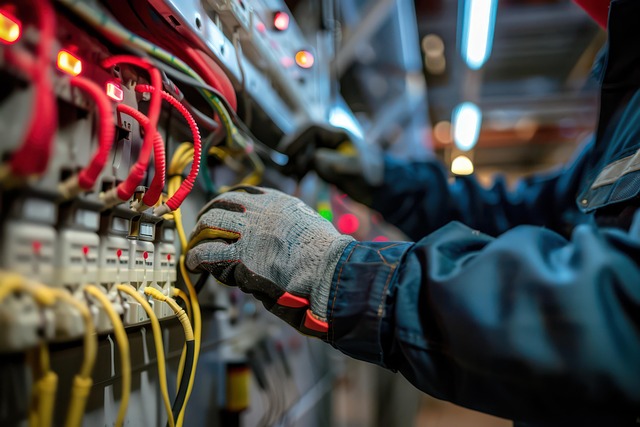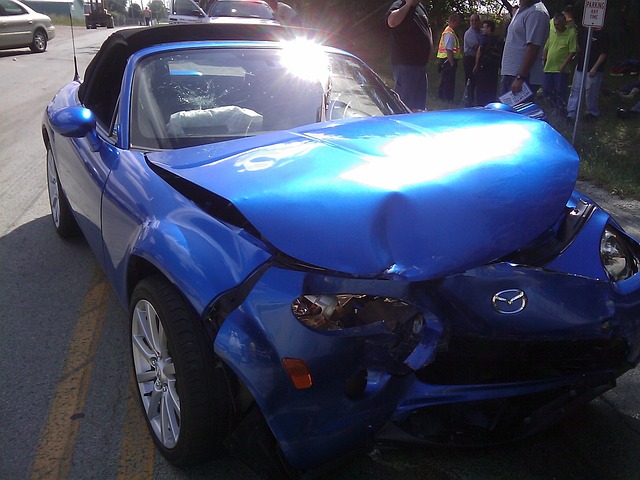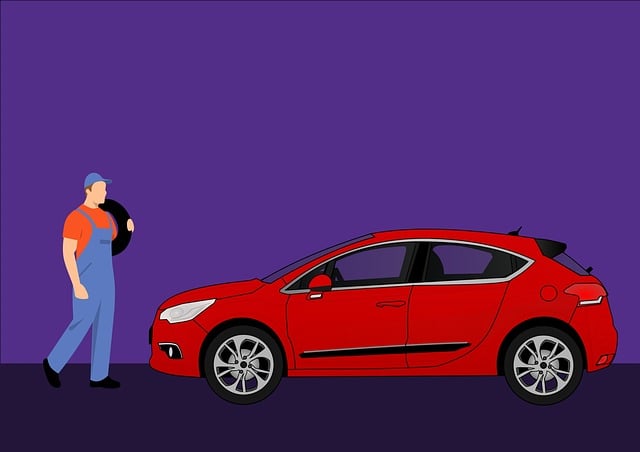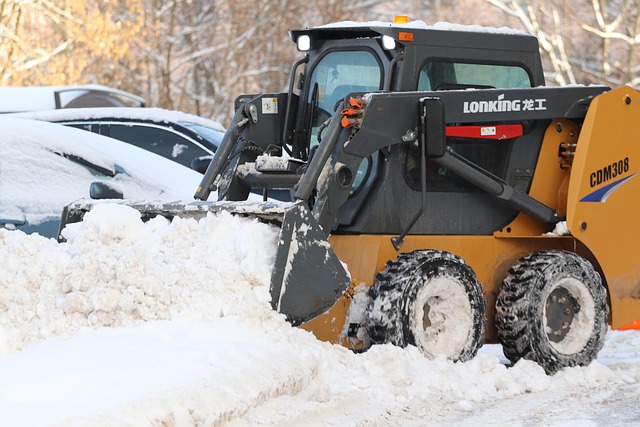A heavy-duty truck collision can lead to severe, complex injuries and significant financial challenges. Understanding long-term care needs, recognizing physical and psychological impacts, and securing appropriate medical coverage are vital for successful recovery. Consulting healthcare professionals, coordinating specialists, and utilizing available resources like insurance benefits, auto repair services, and financial assistance programs can help individuals navigate the aftermath and restore their well-being and financial stability.
After a heavy-duty truck collision, understanding and securing long-term medical care is paramount for victims’ recovery and well-being. This article delves into the essential aspects of navigating post-accident healthcare, focusing on recognizing and addressing ongoing treatment needs, managing the complexities of the healthcare system, and exploring financial resources to support continuous recovery. By examining these key areas, individuals affected by such collisions can secure comprehensive care tailored to their unique, lasting injuries.
- Understanding Long-Term Care Needs After a Heavy-Duty Truck Collision
- Navigating the Healthcare System for Ongoing Treatment
- Financial Considerations and Resources for Continued Recovery Support
Understanding Long-Term Care Needs After a Heavy-Duty Truck Collision
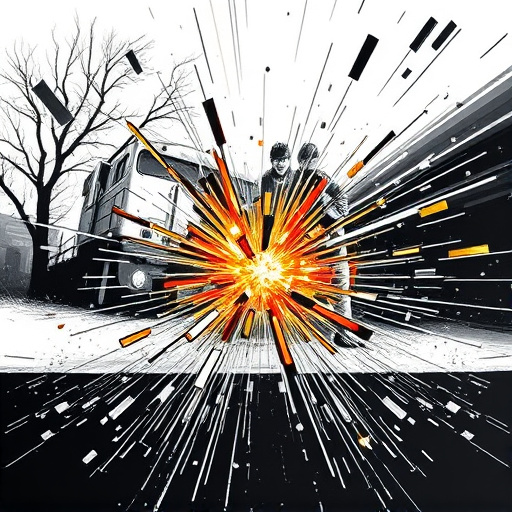
After a heavy-duty truck collision, understanding long-term care needs is vital for a successful recovery. Injuries sustained in such accidents can be severe and complex, often requiring ongoing medical attention. The immediate focus may be on emergency treatment and physical rehabilitation, but as time progresses, individuals must consider the potential for chronic pain, disability, or other lasting health issues. These conditions might necessitate specialized care, adaptive equipment, or even long-term residential rehabilitation.
A comprehensive understanding of one’s injuries and their implications is crucial for navigating the post-collision landscape. This includes recognizing the extent of physical damage, cognitive impairments, or psychological trauma that may arise. With these insights, individuals can actively seek appropriate collision repair services not only for their vehicles but also for themselves—be it car dent repair to restore external aesthetics or more extensive car restoration for major structural and functional repairs.
Navigating the Healthcare System for Ongoing Treatment
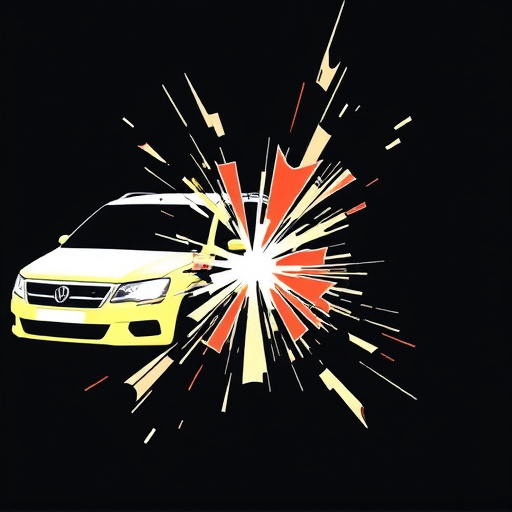
Navigating the healthcare system after a heavy-duty truck collision can be a daunting task. With complex injuries and extensive damage to both the vehicle and body, ongoing treatment plans often involve multiple specialists and facilities. The first step is to secure appropriate medical coverage and understand your insurance benefits, especially for long-term care. This may include visits to orthopedists, neurologists, physical therapists, and other experts in managing trauma.
Many victims find it beneficial to consult with a healthcare coordinator or advocate who can guide them through the process. They can facilitate communication between various healthcare providers, auto collision centers specializing in frame straightening and vehicle bodywork repairs, and ensure that all medical records are accurately documented. This holistic approach ensures patients receive comprehensive care tailored to their specific needs resulting from the truck collision.
Financial Considerations and Resources for Continued Recovery Support
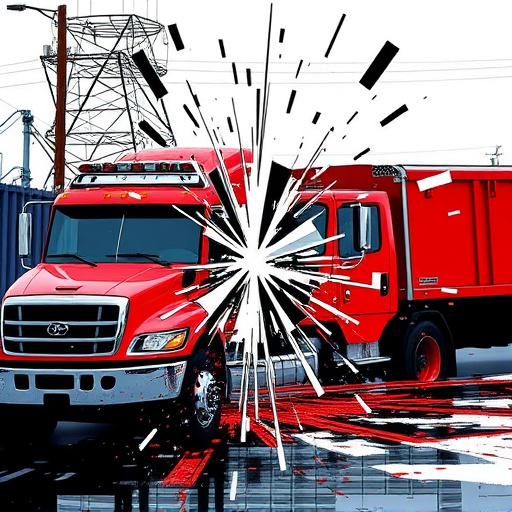
Recovering from a heavy-duty truck collision often involves significant financial implications for those involved. Beyond immediate medical expenses, victims may require long-term care and rehabilitation to regain mobility and independence after such a traumatic event. This extended recovery period can lead to increased costs, especially when specialized treatments or adaptive equipment are necessary.
Several resources exist to support individuals navigating the aftermath of a truck collision. Many insurance policies offer coverage for ongoing medical bills, and victims may be eligible for disability benefits if their injuries impact long-term employability. Additionally, auto dent repair and frame straightening services can aid in restoring vehicles to drivable condition, while collision repair professionals provide expertise in repairing or replacing damaged components, ensuring safety and functionality. These services, along with financial assistance programs from non-profit organizations or government initiatives, can play a crucial role in easing the economic burden associated with severe injuries resulting from heavy-duty truck collisions.
A heavy-duty truck collision can have significant, long-lasting effects, necessitating ongoing medical care. Understanding the complex needs that arise from such incidents is crucial for effective navigation of the healthcare system and financial resources. By recognizing the importance of continued treatment and securing appropriate support, individuals affected by these collisions can manage their recovery more effectively and achieve a higher quality of life despite challenges faced.
